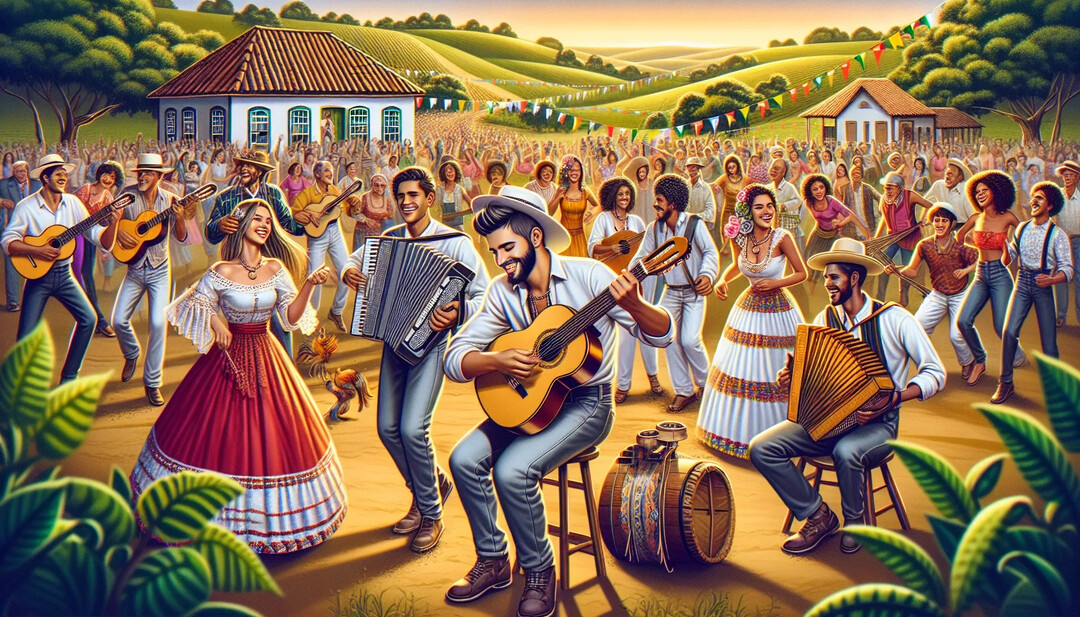
Brazil is not merely a country of festivals. It is a land where a great stream of music flows incessantly along the deep valleys of history and culture. Brazilian music festivals have gone beyond simple entertainment events to play a crucial role in reflecting social change and ushering in new artistic eras.
In the 1960s, during the military dictatorship, the Festival de Música Popular Brasileira (Brazilian Popular Music Festival) was a haven of liberation that spoke for the voices of the oppressed people. The festival, broadcast nationwide on television, provided an opportunity for young musicians to showcase their art and a channel for the public to share the pain of the times and encounter messages of resistance. Masters such as Elis Regina, Chico Buarque, Gilberto Gil, and Caetano Veloso emerged through this festival. Under political oppression, they criticized society with poetic and metaphorical lyrics, and they carried out new musical experiments by incorporating various genres such as rock and jazz into traditional samba and bossa nova. In this way, the festival was more than just a competition; it was a cradle that gave birth to and developed the unique genre of MPB (Brazilian Popular Music).
Subsequently, the emergence of 'Rock in Rio' in the 1980s expanded the horizon of Brazilian music festivals to an international level. Global rock stars came to Brazil, which not only introduced Western music culture to the Brazilian public but also provided an opportunity to publicize Brazilian music to the world. 'Rock in Rio' established itself as a massive cultural phenomenon beyond a simple music concert, playing a decisive role in making Brazil a global music tourism destination.
Today, Brazil's music festivals carry on the spirit of the past while evolving into a more diverse and inclusive form. Large-scale events where various genres such as sertanejo, funk, and electronic music blend are being held everywhere. International festivals like 'Lollapalooza Brasil' serve as a bridge connecting artists and fans from all over the world, publicizing Brazil's musical dynamism to the entire world. As such, Brazil's music festivals are not merely an act of consuming music; they exist as a place for social and cultural communication and a constantly evolving form of art. Music is the soul of Brazil, and festivals are the moments when that soul shines brightest.
[Copyright (c) Global Economic Times. All Rights Reserved.]




























